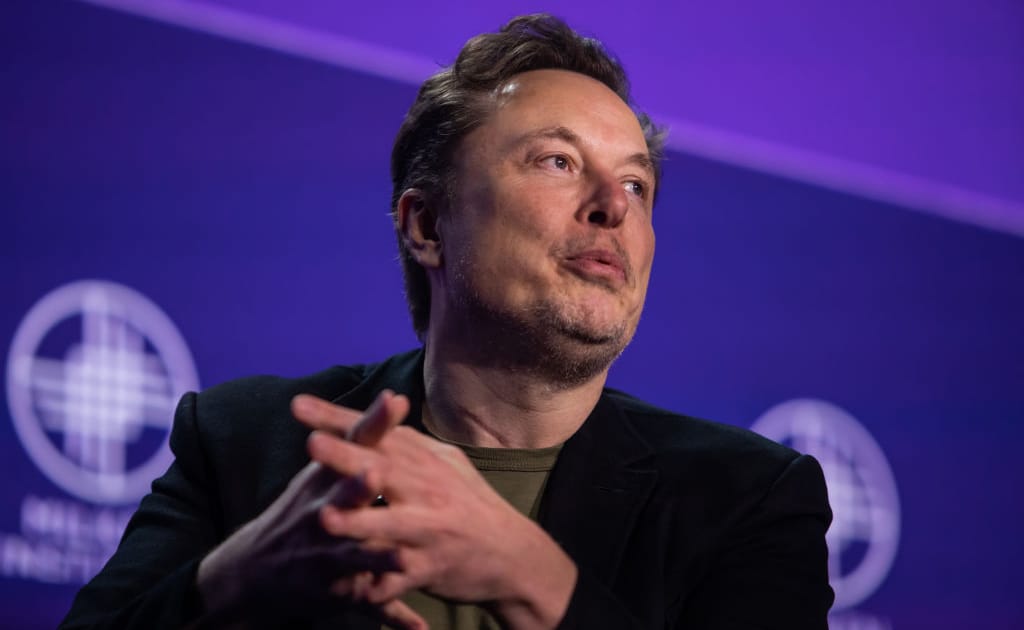The tech mogul’s platform is the first to get hit with charges under new EU social media law.
The European Union is calling Elon Musk to order over how he turned social media site X into a haven for disinformation and illegal content.
The EU Commission on Friday formally charged X for failing to respect EU social media law. The platform could face a sweeping multi-million euro fine in a pioneering case under the bloc’s new Digital Services Act (DSA), a law to clamp down on toxic and illegal online content and algorithms.
Musk’s X has been in Brussels’ crosshairs ever since the billionaire took over the company, formerly known as Twitter, in 2022. X has been accused of letting disinformation and illegal hate speech run wild, roll out misleading authentication features and blocking external researchers from tools to scrutinize how malicious content on the platforms spreads.
The European Commission oversees X and two dozens of the world’s largest online platforms including Facebook, YouTube and others. The EU executive’s probe into Musk’s firm opened in December 2023 and was the first formal investigation. Friday’s charges are the first-ever under the DSA.
Infringements of the DSA could lead to fines of up to 6 percent of a X’s global revenue.



The article states that the EU is objecting to a couple of particular things:
This is not some amorphous campaign against disinformation, it’s a challenge to two specific policies of X.